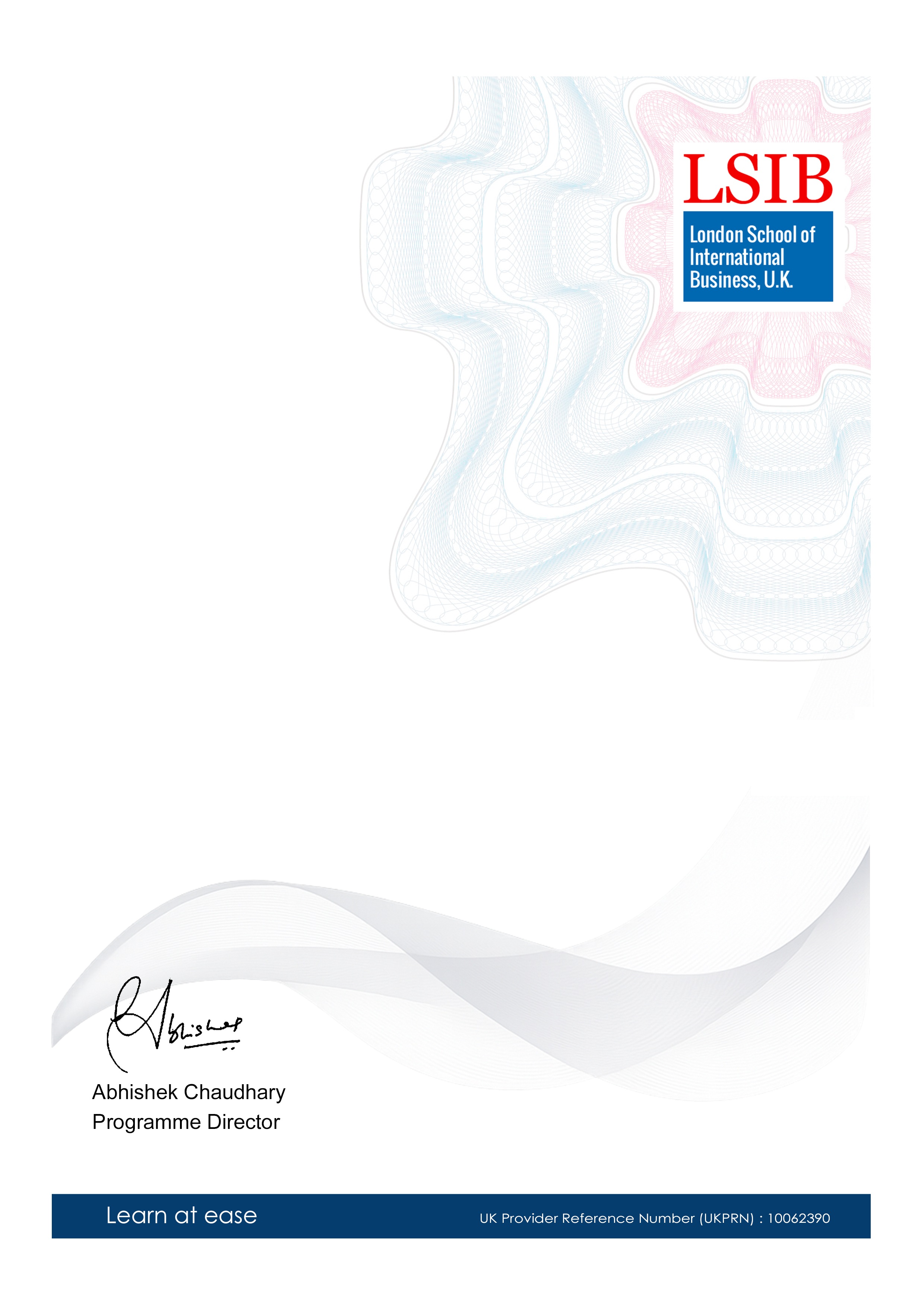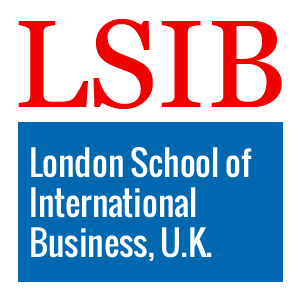Professional Certificate in Sensor Applications in Aerospace Industry
-- viewing nowThe Professional Certificate in Sensor Applications in Aerospace Industry equips learners with essential skills for career advancement in this high-demand field. This course focuses on the importance of sensors in aerospace systems and their applications, addressing the growing industry need for professionals with expertise in this area.
5,817+
Students enrolled
GBP £ 140
GBP £ 202
Save 44% with our special offer
About this course
100% online
Learn from anywhere
Shareable certificate
Add to your LinkedIn profile
2 months to complete
at 2-3 hours a week
Start anytime
No waiting period
Course details
• Sensor Technologies for Flight Control (Inertial Measurement Units, GPS)
• Environmental Sensing in Aerospace (Pressure, Temperature, Humidity)
• Data Acquisition and Signal Processing for Aerospace Sensors
• Sensor Integration and Calibration Techniques
• Advanced Sensor Applications in Unmanned Aerial Vehicles (UAVs)
• Sensor Fault Detection, Isolation, and Recovery (FDIR)
• Wireless Sensor Networks in Aerospace Applications
• Cybersecurity for Aerospace Sensor Systems
Career path
| Career Role | Description |
|---|---|
| Aerospace Sensor Engineer (Sensor Systems, Data Acquisition) | Designs, develops, and tests sensor systems for aerospace applications, focusing on data acquisition and signal processing. High demand for expertise in sensor integration and flight testing. |
| Sensor Data Analyst (Data Analytics, Sensor Fusion) | Analyzes large datasets from various aerospace sensors, employing advanced data analytics techniques like sensor fusion and machine learning for insights. Critically important role in autonomous systems. |
| Avionics Systems Engineer (Sensor Integration, Avionics) | Integrates sensor systems into aircraft avionics, ensuring seamless operation and communication. Requires deep understanding of both sensor technologies and avionics architectures. |
| Remote Sensing Specialist (Remote Sensing, Image Processing) | Specializes in extracting meaningful information from remotely sensed data (e.g., satellite imagery) for aerospace applications. Expertise in image processing and geospatial analysis is essential. |
Entry requirements
- Basic understanding of the subject matter
- Proficiency in English language
- Computer and internet access
- Basic computer skills
- Dedication to complete the course
No prior formal qualifications required. Course designed for accessibility.
Course status
This course provides practical knowledge and skills for professional development. It is:
- Not accredited by a recognized body
- Not regulated by an authorized institution
- Complementary to formal qualifications
You'll receive a certificate of completion upon successfully finishing the course.
Why people choose us for their career
Loading reviews...
Frequently Asked Questions
Course fee
- 3-4 hours per week
- Early certificate delivery
- Open enrollment - start anytime
- 2-3 hours per week
- Regular certificate delivery
- Open enrollment - start anytime
- Full course access
- Digital certificate
- Course materials
Get course information
Earn a career certificate

